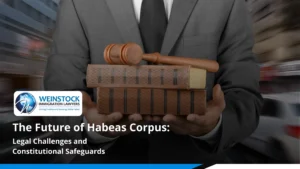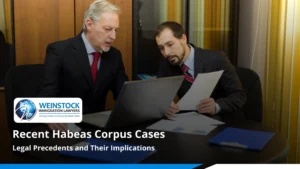Watch Out for Immigration Scams
Immigration Scams Alert: even a victim can face deportation
While the government tightens control on immigration, heartless fraudsters are preying upon vulnerable immigrants who are anxious about the uncertainty of their status. Not only could victims lose thousands of dollars to these immigration scams, worse still, they could run afoul of the government and face deportation. Even the USCIS is warning immigrants to avoid common immigration scams: Wrong advice in preparing paperwork can be prejudicial against the applicant. Here are four common immigration scams you and your loved ones should watch out for:
- Visa Lottery: Registering for the Diversity Immigrant Visa Program (the “Visa Lottery”), administered by the U.S. Department of State, is free. The U.S. government never sends out emails announcing lottery winners. Any communication of that type is a fraud. Visit here for the instructions for entering the lottery and verifying the 2018 and 2019 winners.
- Telephone or Electronic Payments:
Immigrants may receive supposed USCIS notifications asking for payment of fees for processing paperwork. They are fraudulent. USCIS does not accept Western Union or Pay Pal payments, and never requests fees on the phone or by email. The agency accepts credit card payments for only 41 fee-based forms and only through the portal MyUSCIS. All other payments must be paid with a money order or cashier’s check from a U.S. financial institution.
- Public Notaries:
One of the most frequent mistakes immigrants make is hiring a notary public — known as notarios públicos in Spanish — for their immigration proceedings. While notarios públicos usually have special legal credentials in Latin America, here in the U.S., a notary public is simply not an immigration attorney. He or she is, therefore, not authorized to provide any legal services related to immigration. Always refer to the American Immigration Lawyers Association for a database of accredited immigration attorneys.
-
Job Offers with Visas
: If a job offering a visa sounds too good to be true, it probably is. Fraudsters often offer U.S. jobs and work visas to immigrants for a fee. Even if the offer turns out to be legitimate, foreign nationals may not work in the United States without a permanent residence, a work permit or a specialty visa. Students and exchange visitors about to graduate from U.S. universities are particularly vulnerable to the operators for these job scams.
Related posts

The Future of Habeas Corpus: Legal Challenges and Constitutional Safeguards
Summary The blog explains how habeas corpus, a fundamental legal right enshrined in the U.S. Constitution, ensures protection against unlawful detention. It highlights the current

Can Entrepreneurs and Business Owners Qualify for a TN Visa?
Summary If you’re a Canadian or Mexican entrepreneur living in the U.S. or planning to launch a business here, you may be wondering: Can I

Recent Habeas Corpus Cases: Legal Precedents and Their Implications
Summary The article explains how recent habeas corpus cases, including Rivers v. Guerrero and W.M.M. v. Trump, have significant implications for the interpretation of the
